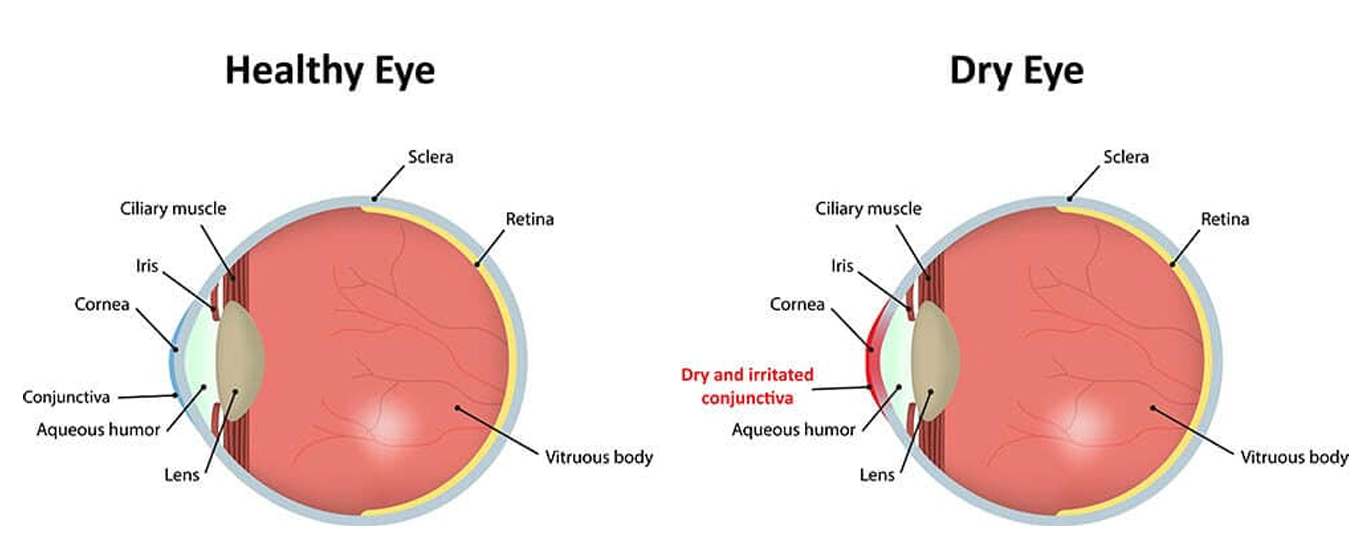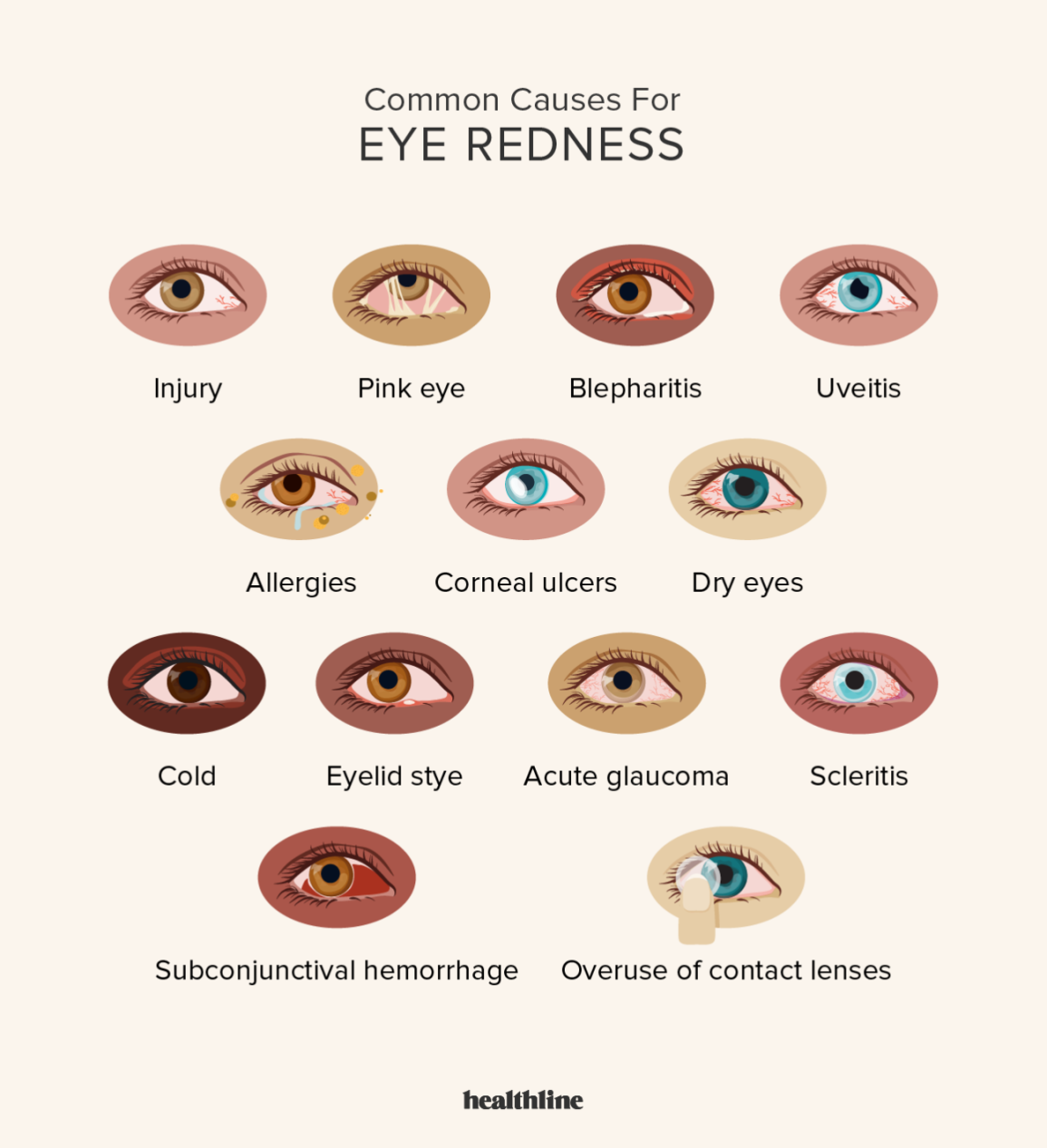All Categories
Featured

While the majority of people comprehend the significance of shielding their skin from the sun, the harmful impacts of ultraviolet (UV) rays on eye health typically go overlooked. Too much direct exposure to UV radiation can lead to an array of eye troubles, some of which can result in long-term damages. Whether you're absorbing the sunlight on a summer day or strolling outdoors on a gloomy mid-day, protecting your eyes from UV rays is necessary. Below's what you need to understand about the results of UV radiation on your eyes and exactly how to safeguard them.
What Are UV Rays? UV rays are a sort of electromagnetic radiation discharged by the sun. They are classified into three types:
UVA Rays: These penetrate deep right into the skin and eyes and can add to lasting damage. UVB Rays: These rays are extra intense than UVA and are mostly in charge of surface-level damages to the eyes and skin. UVC Rays: These are the most damaging however are primarily soaked up by the Earth's ozone layer and do not normally reach us. UVA and UVB rays are the key culprits behind eye-related damage.
Short-Term Results of UV Direct Exposure on the Eyes. Even short-term direct exposure to extreme UV rays can harm your eyes. One common condition brought on by this is photokeratitis, or "sunburn of the eye." Signs and symptoms of photokeratitis consist of:
Unpleasant, red eyes. Level of sensitivity to light. Tearing or too much watering. Short-term vision loss or fuzzy vision. Photokeratitis is normally short-lived, yet it acts as a caution of exactly how harmful UV direct exposure can be, also in tiny doses.
Long-Term Results of UV Direct Exposure. Extended direct exposure to UV radiation can bring about a lot more serious and long-term eye problems, such as:
Cataracts: UV rays can speed up the development of cataracts, a problem that triggers clouding of the eye's natural lens, resulting in blurry vision and, if neglected, blindness.

Macular Degeneration: UV direct exposure can harm the retina, particularly the macula, enhancing the risk of age-related macular deterioration (AMD), which influences central vision.
Pterygium: A development of tissue on the white component of the eye that can expand over the cornea, triggering discomfort, redness, and vision problems.
Pinguecula: UV direct exposure can cause yellow-colored down payments to form on the conjunctiva, bring about inflammation and dryness.
Skin Cancer Cells Around the Eyes: The delicate skin bordering your eyes is extremely susceptible to UV radiation, increasing the threat of skin cancers like basic cell cancer and squamous cell carcinoma.
Exactly How to Safeguard Your Eyes from UV Rays. Protecting your eyes from UV rays is basic and requires a few conscious habits:
Buy High Quality Sun glasses: Select sunglasses that obstruct 100% of UVA and UVB rays. Seek tags that specify "UV 400" security. Wrap-around styles are ideal as they block UV rays from the sides also.
Put On a Wide-Brimmed Hat: A hat with a brim at the very least 3 inches broad can considerably lower UV direct exposure to your eyes and face.
Limit Exposure Throughout Optimal Hours: UV rays are strongest between 10 a.m. and 4 p.m. If you should be outdoors during these hours, see to it you're appropriately protected.
Don't Be Deceived by Clouds: UV rays can permeate with clouds, so it is very important to put on sunglasses also on cloudy days.
Shield Your Eyes Year-Round: Snow, sand, and water can mirror UV rays, magnifying their effects. Eye protection isn't simply for bright summer days-- guarantee you're covered in all seasons.
Use UV-Blocking Call Lenses: Several contact lenses currently feature UV protection. If you put on calls, ask your optometrist about lenses with built-in UV filters for added defense.
Urge Eye Security for Children: Kid's eyes are much more conscious UV rays due to the fact that their lenses are clearer, allowing more radiation to reach the retina. Make certain they put on sunglasses and hats throughout exterior activities.
Normal Eye Tests. Normal check-ups with an eye care specialist are important for very early detection of any UV-related damage. An eye doctor or eye doctor can evaluate your eyes, recommend safety measures, and discover problems like cataracts or macular deterioration early.
Conclusion. UV rays position a significant danger to eye health, and their effects can accumulate over time. Nonetheless, with the best safety measures, you can lessen these threats and safeguard your vision. By putting on UV-blocking sunglasses, limiting sun direct exposure during peak hours, and remaining constant with eye examinations, you can guarantee your eyes stay healthy and your vision continues to be clear for several years to come. Safeguarding your eyes from UV radiation isn't nearly convenience-- it's an essential action in protecting your lasting eye health and wellness.
Latest Posts
Uncover the Premier Auto Repair Coupons in Montclare, Chicago
Check Out Premier Auto Repair Care offered by Montclare Auto Repair – Drive with Confidence
Enhance Your Building with Overhead Door Equipment
More
Latest Posts
Uncover the Premier Auto Repair Coupons in Montclare, Chicago
Check Out Premier Auto Repair Care offered by Montclare Auto Repair – Drive with Confidence
Enhance Your Building with Overhead Door Equipment